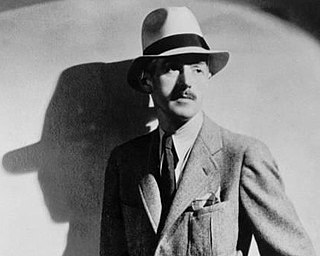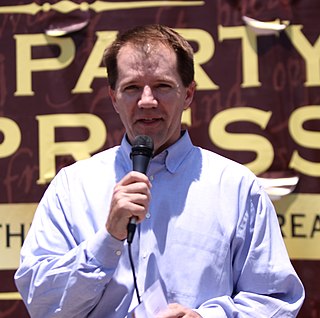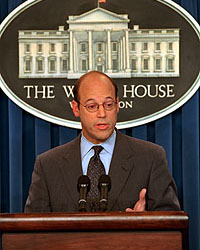A Quote by Mike DeWine
That very document [Constitution] does little to serve people when Supreme Court decisions are written so that even high-priced lawyers can't figure them out.
Related Quotes
While the president is to nominate that individual [to Supreme Court], we in the Senate must provide our advice and consent. This function is not well-defined. The Constitution does not set down a road map. It does not require hearings. In fact, it does not even require questioning on your understanding of the Constitution nor the role of the Supreme Court.
In fact, Native American Rights Fund has a project called the Supreme Court Project. And quite frankly, it's focused on trying to keep cases out of the Supreme Court. This Supreme Court, Justice Roberts is actually, hard to believe, was probably worse than the Rehnquist Court. If you look at the few decisions that it's issued.
Class warfare always sounds good. Taking action against the rich and the powerful and making 'em pay for what they do, it always sounds good. But that's not the job of the Supreme Court. The Supreme Court standing on the side of the American people? The Supreme Court adjudicates the law. The Supreme Court determines the constitutionality of things and other things. The Supreme Court's gotten way out of focus, in my opinion.
In a very real sense, the Constitution is our compact with history . . . [but] the Constitution can maintain that compact and serve as the lodestar of our political system only if its terms are binding on us. To the extent we depart from the document's language and rely instead on generalities that we see written between the lines, we rob the Constitution of its binding force and give free reign to the fashions and passions of the day.
Most lawyers aren't trial lawyers. Most lawyers, even trial lawyers, don't get their problems solved in a courtroom. We like to go to court. It seems heroic to go to court. We think we're the new, great advocates, better than anything we've seen on TV, and we come home exhilarated by having gone to court.
The very purpose of the Bill of Rights and the Constitution is to protect minority rights against majority voters. Every court decision that strikes down discriminatory legislation, including past Supreme Court decisions, affirming the fundamental rights to marry the person you love, overrules a majority decision.































